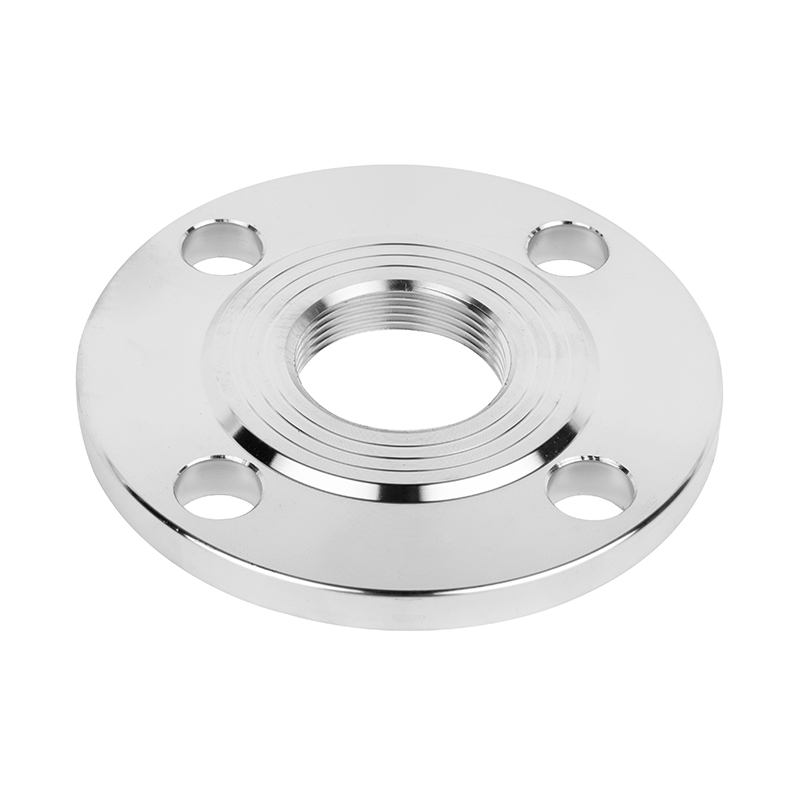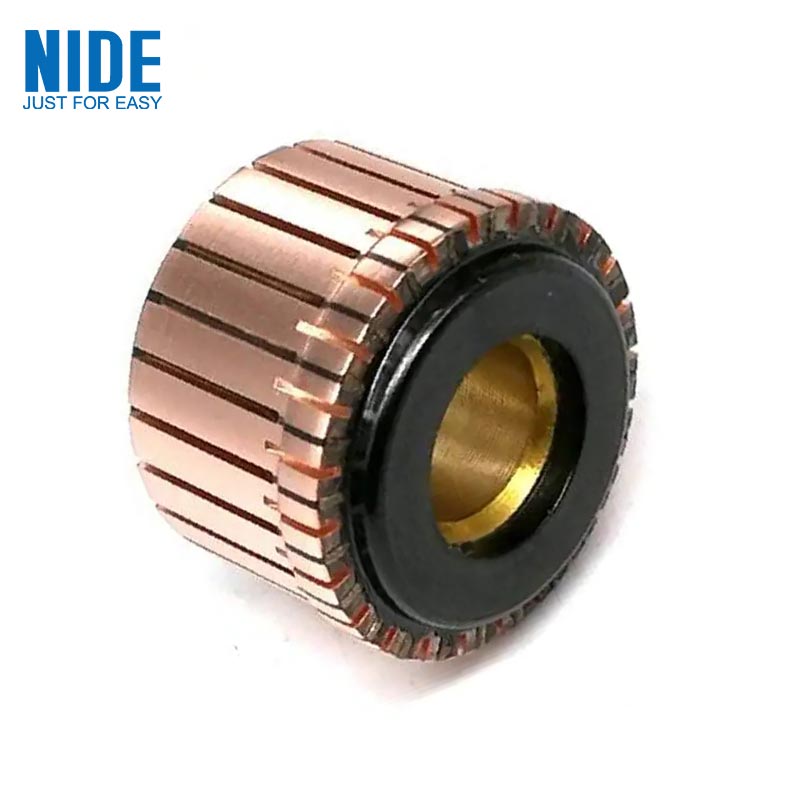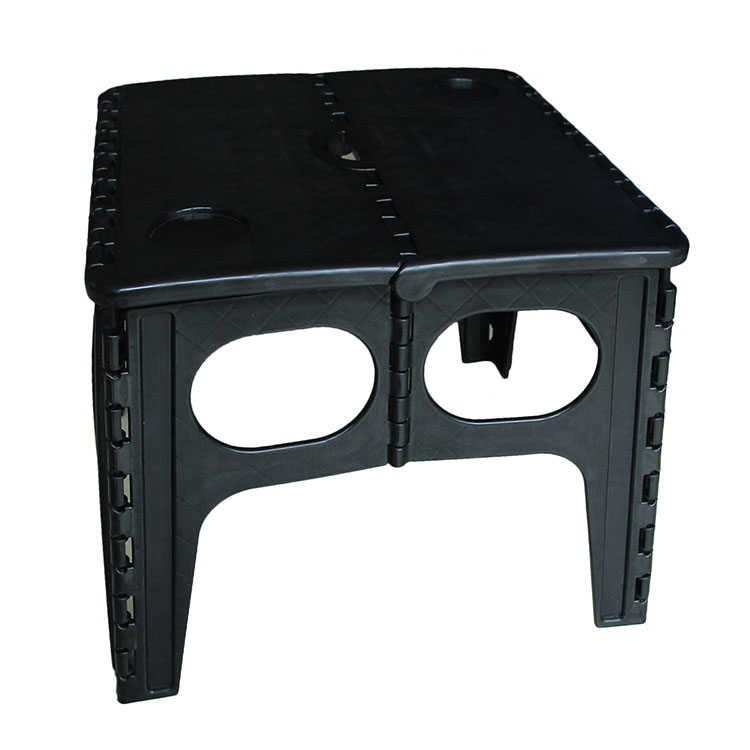Will stainless steel flanges corrode?
While stainless steel is known for its excellent corrosion resistance, it is not completely immune to corrosion. Stainless steel flanges can corrode under certain conditions, although the rate of corrosion is typically much lower compared to other materials. The corrosion resistance of stainless ste......
Send Inquiry
Product Description
While stainless steel is known for its excellent corrosion resistance, it is not completely immune to corrosion. Stainless steel flanges can corrode under certain conditions, although the rate of corrosion is typically much lower compared to other materials. The corrosion resistance of stainless steel is primarily due to the presence of chromium, which forms a protective oxide layer on the surface of the steel, known as the passive layer. This passive layer acts as a barrier, protecting the underlying steel from corrosion.
However, several factors can affect the corrosion resistance of stainless steel flanges:
1. Environmental conditions: Stainless steel flanges can corrode if exposed to highly corrosive environments, such as those containing chloride ions, acidic solutions, or strong oxidizing agents. High temperatures can also accelerate corrosion processes.
2. Surface damage: Physical damage, such as scratches, gouges, or abrasions, can compromise the passive layer and expose the underlying steel to corrosion. Care should be taken to avoid surface damage during handling, installation, and maintenance.
3. Contamination: Contact with certain contaminants, such as carbon steel particles or other metals, can lead to galvanic corrosion. This occurs when different metals are in electrical contact with each other in the presence of an electrolyte, causing the stainless steel to corrode.
4. Lack of maintenance: Neglecting proper cleaning and maintenance can allow the buildup of contaminants, such as dirt, debris, or corrosive substances, on the surface of the flanges, which can initiate corrosion.
To mitigate the risk of corrosion, it is important to consider the following preventive measures:
- Choose the appropriate stainless steel grade for the specific application, considering the level of corrosion resistance required.
- Ensure proper installation techniques, including the use of compatible gaskets, seals, and fasteners.
- Regularly clean the flanges to remove contaminants and maintain the integrity of the passive layer.
- Avoid exposure to corrosive environments and properly protect the flanges when necessary.
- Promptly address any surface damage, scratches, or signs of corrosion by cleaning, repairing, or replacing the affected areas as needed.

By following these preventive measures and maintaining good practices, the corrosion resistance of stainless steel flanges can be preserved, extending their service life and ensuring reliable performance in various applications.









